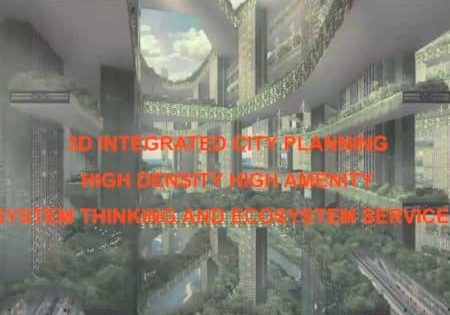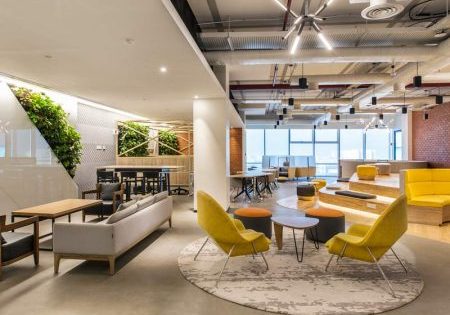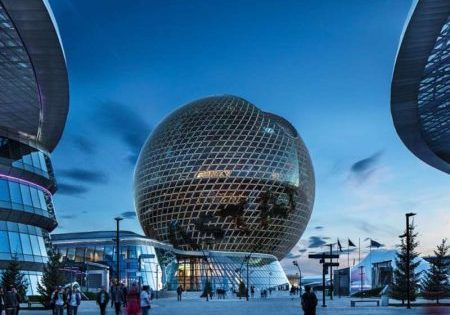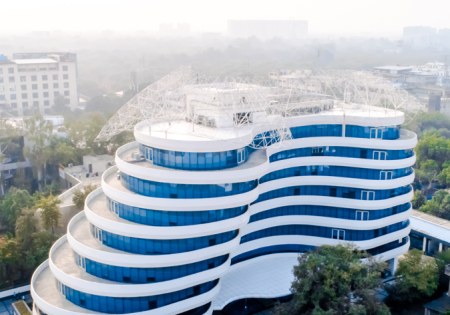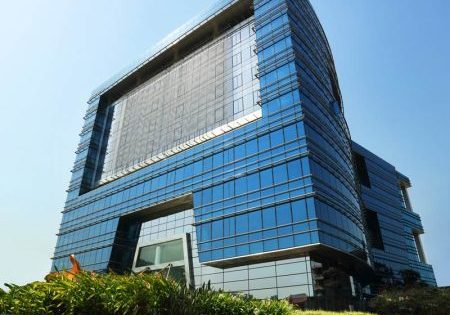Industry consultant has advice for service providers.
Vertical-transportation (VT) equipment constitutes one of the most important and dynamic parts of the building. It is an arterial system and a lifeline that connects the entire structure and brings life to it. VT is so important that you cannot imagine tall buildings or multistoried buildings without it. The average life of an elevator before it gets replaced is 28-34 years.
The VT purchase process should attach adequate importance to post-sale service of the equipment, and the decision-making should be based not only on the equipment and its price, but also on the service and its cost. An elevator deal is incomplete unless the maintenance terms are fixed and the sales contract includes adequate clauses pertaining to the post-sales service.
Aftersales service is a crucial and strategic part of an elevator or escalator sale. Concluding the aftersales service contract while finalizing the equipment sale itself should be considered prudent by the elevator company, which should voluntarily come forward to discuss this with the customer.
Initial plans and designs for an elevator system are merely the start of a long equipment lifecycle. Elevator systems will often remain in operational use long after those responsible for their initial planning and installation have left the scene for new projects. In some cases, the systems outlive the building itself. However, for the long-term success of new projects, it is vital to realize the system is substantially affected by decisions on its operation and maintenance made during the planning and creative stages.
Aftersales service is a crucial and strategic part of an elevator or escalator sale. Concluding the aftersales service contract while finalizing the equipment sale should be considered prudent by the elevator company, which should voluntarily come forward to discuss this with the customer. It not only assures the company the annual maintenance contract (AMC) business for the future, but also avoids unnecessary post-defect liability period negotiations on AMC rates. The customer benefits, because he or she may get a great deal for the AMC rates and fixes all the conditions in a single go, leaving no room for post-sales ambiguities. Elevator companies seldom come forward voluntarily, fearing they will become uncompetitive in a price-sensitive market. They need to realize, however, that voluntary discussions will help make positive impressions.
The greatest strength for any VT company is its ability to support the customer diligently by responsibly handling emergencies and breakdowns, and ensuring timely preventive maintenance. Maintaining an adequate stock of components and critical spares is another important aspect elevator companies should consider. Planning inventory is very important, and every company should ensure its cost of inventory does not exceed thresholds beyond which the quality of its service would be seriously impacted. In such cases, it is best to seek expert advice.
The focus of every VT service provider should be the customer —never forget that your very existence is because of the customer. All decisions and planning should be made with the customer as the focal point.
The focus of every VT service provider should be the customer —never forget that your very existence is because of the customer. All decisions and planning should be made with the customer as the focal point.
When users or equipment owners don’t get timely support during emergencies or breakdowns, it leaves them dissatisfied. Call-backs may occur for any reason or on any equipment, but if they are repetitive or frequent, it will reflect poorly on the capabilities of the company providing the service. A maintenance company should have sound engineering support to identify and fix issues. In the elevator industry, the buyer may or may not be the end user; in either case, insufficient or improper service will leave the user dissatisfied, and the seller will likely lose the user’s future business.
As part of a study, about 30 people who deal directly with elevator service providers were interviewed through an unstructured market survey to determine their most pressing issues with respect to their elevator service. Some responses were:
- “We have a maintenance contract with our company . . . their engineers were never on time.” — Residential property owner voicing a typical issue pertaining to responsiveness
- “We need effective service providers that don’t have to come back for the same reason over and over again.” — Office property manager on the need for fixing it the first time and service quality
- “Company communication was lacking, in my opinion. I never spoke with a person who could solve the problem directly.” — Township property manager describing a serious communication-related problem
- “Independent service providers have better relationship management. I notice more effort from their technicians and sales representatives.” — Residential managing agent offering a positive view regarding customer engagement
- “Service personnel behave arrogantly and have improper attitudes.” — Private bungalow user voicing a typical complaint related to the lack of service-centric courtesy
- “Are there any third-party experts who can do elevator reviews, inspections and safety audits?” — Facility management company manager expressing a lack of trust on service quality and delivery
- “Delayed visits. We have to make follow-up arrangements for elevator service.” — A private office user discussing an issue regarding service scheduling
Analysis of these opinions and views provided during the interviews lead to two major insights:
- Gaps exist between the promises and motivations of elevator service providers, and the expectations and perceptions of those seeking service.
- Complaint-makers and their recipients both need education and application of changes that bring them closer.
Key service quality management and improvement strategies for both users and service providers include:
- Working toward service excellence/transformation
- Listening to the elevator users’ problems and seeking advice when needed
- Meeting service customers without cause or reason, which will help strengthen the existing relationship and develop new ones
- Engaging third-party inspection bodies, which can elevate the quality of service, as well as provide insights based on universal good practices
- Employing user-centric awareness programs designed to address safety and performance, which will improve visibility and ensure all stakeholders are made aware of the critical aspects of the equipment
- Using accredited third-party elevator inspection/audit companies to help service users ensure continued compliance with requirements and to check that the required standard of operation is being maintained, since inspection is an essential part of ensuring the operational safety of the riding public
- Use of accredited third-party elevator inspection/audit companies by users, property managers and facility-management and real estate companies to maintain neutrality and impartiality during inspections
India is a vast geography with a multitude of differences in both demographics and requirements. The country is emerging as a service capital of the world, and the elevator industry cannot afford to be left behind. A revolution in service-quality excellence is the next major step the industry must undertake. The industry must not only provide state-of-the-art technology, but must also gain an understanding of customers and their needs, while paying attention to processes and costs to keep prices low and, therefore, competitive. The greatest barrier is attitudes, which must undergo a major overhaul. Extreme situations will need extraordinary resolve to meet challenges and stay above the competition, and a hunger for performance and aptitude to excel will be the drivers in this competitive market. A determination to say, “Don’t just serve — it’s time to soar!” will decide the winner.
Get more of Elevator World. Sign up for our free e-newsletter.


